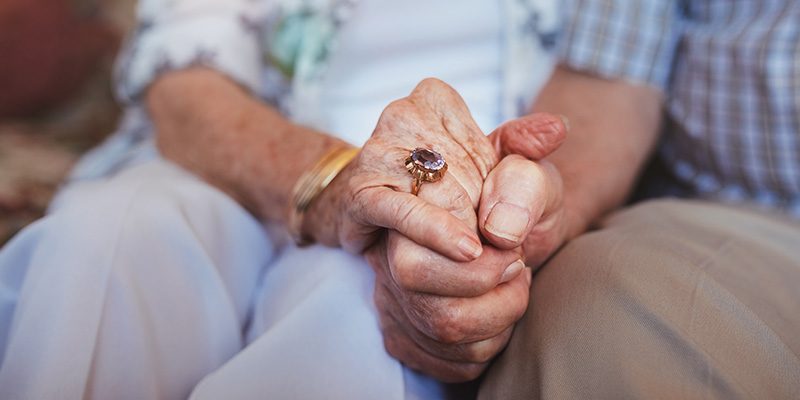OUR CORE CARE & SERVICES
We provide a specialized dementia care program that focuses on emotional wellbeing and symptom management through nonpharmacological Day and night shifts as well as a live-in facility manager ensures that care givers are available around the clock to manage emergencies.
24 X 7 care
Day and night shifts as well as a live-in facility manager ensures that care givers are available around facility nurses provide basic nursing care for those who need it including Ryle’s tube feeding, bed sore management, catheterization, canulization, wound dressing etc.
Nutritious meals & Health Support
Starting each day with breakfast makes good sense; so, does offering a variety of breakfast favorites. Each day, our morning menu includes fresh fruit, juice, hot and cold cereal, eggs, bacon and sausage, and hash browns. Additionally, we serve up a daily entrée featuring fluffy pancakes, crisp waffles, or savory French toast.
Daily assistance
Our trained team of care givers aids residents with their activities of daily living (e.g., walking, grooming and assistance with meals.) forgetting things like appointments or events, losing your train of thought, feeling overwhelmed by understanding things, increased impulsivity, or inability to navigate new environments. These patients were sampled because those with MCI are over 10 times as likely to develop Alzheimer’s disease
Social engagement & Nursing Care
Experts have been looking for ways to prevent all forms of dementia, including Alzheimer’s. Currently, there is no cure.
Experts have been looking for ways to prevent all forms of dementia, including Alzheimer’s. Currently, there is no cure.
One in three seniors dies from Alzheimer’s disease or other forms of dementia, and it kills more people than breast and prostate cancers combined. More than 6 million people over the age of 65 in the United States live with Alzheimer’s disease, a figure that is expected to balloon to almost 13 million by 2050, according to the Alzheimer’s Association.
Researchers found that vigorous exercise was associated with a host of benefits for people with mild cognitive impairment. They not only improved their cerebral blood flow regulation and cardiorespiratory fitness, but they also their memory and executive function.
Family Atmosphere
Affordable Hospitality


While we don’t have any effective treatment yet for Alzheimer’s yet, prevention is the most important key” at this time, said Tomoto. “We are focused on mild cognitive dysfunction. There is some research that suggests that if you do intervention, you could have some hope in reducing Alzheimer’s. That’s why we focused on this population. If you could exercise, it could improve vascular function and may lead to cognitive improvement.”
Exercise has many beneficial effects, but among the most relevant with Alzheimer’s disease is that it drastically improves insulin sensitivity, allowing insulin to work better in the body and allow more glucose to feed the hungry brain,” Bikman explained. “While we should certainly [do] mental exercises to keep our brain sharp, such as studying a new language and learning a new instrument, this shouldn’t replace whole-body exercise, which helps the myriad metabolic functions in the body, including the brain, run optimally.







